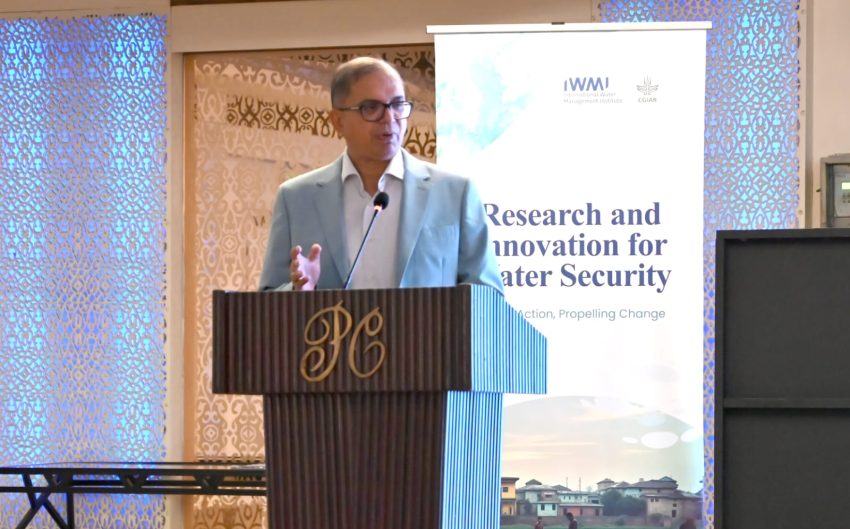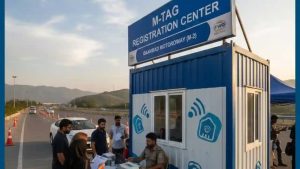LAHORE – The International Water Management Institute (IWMI) Pakistan has underscored the need to modernise irrigation practices in the Indus Basin through artificial intelligence (AI) and data-driven approaches to improve water productivity and tackle climate challenges.
At a one-day workshop on AI-Enabled Irrigation Demand Forecasting (IDF), held under the UK-funded Water Resource Accountability in Pakistan (WRAP) programme, experts and policymakers discussed how technology can transform traditional farming practices into more efficient and climate-smart systems.
The event brought together government officials, researchers, academia, farmers, and practitioners to explore the role of AI and remote sensing in irrigation scheduling. Participants were briefed on new forecasting models and soil moisture monitoring tools that could help farmers reduce water wastage and improve crop yields.
Highlighting Pakistan’s water management challenges, Dr Mohsin Hafeez, IWMI’s Strategic Programme Director for Water-Food and Ecosystems and Team Leader of WRAP, said the country must move from “reactive management to proactive planning” in dealing with climate-induced water pressures.
“Pakistan’s water challenges are intensifying under the pressures of climate change, population growth, and recurrent floods and droughts,” he said. “By integrating AI-enabled forecasting tools with on-the-ground practices, we can not only improve water productivity but also build resilience among smallholder farmers and communities.”
Engr Rana Tajamal Hussain, Director General of On-Farm Water Management (OFWM), Punjab Agriculture Department, said IWMI’s work was highly relevant to the province’s irrigation needs.
“To make real impact, we need an integrated approach to efficient irrigation management,” he remarked, adding that Punjab could replicate successful global examples, such as Turkey’s irrigation efficiency model, by combining research, technology, and policy action.
He said Punjab’s own research on cutoff time management had already produced encouraging water-saving results, and partnerships with IWMI could help scale such initiatives across the province.
Farmers attending the workshop shared how AI-based irrigation forecasting and soil moisture sensors could guide them in better irrigation decisions and lower input costs. Senior officials from Punjab and Khyber Pakhtunkhwa also emphasized aligning such innovations with the Punjab Water Act 2019 and National Water Policy 2018.
Through group discussions, participants identified barriers to technology adoption and stressed the inclusion of smallholder farmers, women, and youth in scaling irrigation demand forecasting systems.
The workshop concluded with a call for greater collaboration between government, academia, and the private sector to advance sustainable water management in Pakistan.
The WRAP Programme, funded by the UK’s Foreign, Commonwealth & Development Office (FCDO), aims to strengthen climate-resilient and data-driven water governance frameworks across Pakistan.













